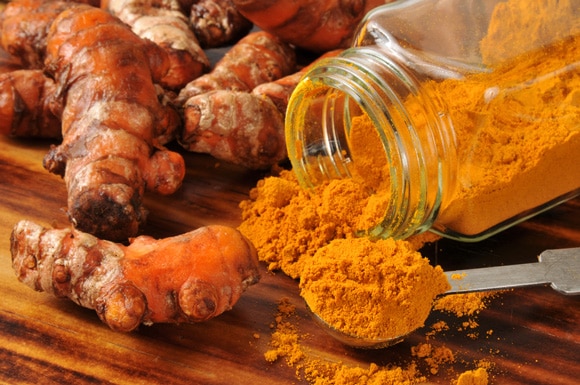
Do you suffer from consistently dry and flaky skin? Does it itch and sometimes cause red lesions? If your answer is “yes” it’s quite possible you’re suffering from a skin disease known as psoriasis.
Considered to be one of the most treated skin diseases, psoriasis is an immune-mediated disease that causes scaly patches to appear on the skin. The areas of the body that psoriasis affects are the elbows, knees or scalp, however it can appear in more obscure places like the bottoms of the feet and folds of the skin. Beyond the most common symptom of scaly red patches, itchiness can occur which can lead to red sores that are easily infected.
According to recent statistics, 5.5 % of the world’s population suffers from psoriasis. While research can’t conclude what specifically causes the disease, scientists can confirm that genetics and a compromised immune system do play a role in how severe it can be. The disease usually begins to develop between the ages of 15 and 35, however it has been known to appear on infants, though it is very rare. And to put your mind at ease, the disease is not contagious whatsoever.
When it comes to the various types of psoriasis, there are five that dermatologists diagnose on a regular basis. Plaque psoriasis is the most popular and appears as raised scales on the skin that can flake off. It’s often very itchy and painful when left untreated. Guttate psoriasis results in small red lesions that cover the body. This is followed by inverse psoriasis, which appears as shiny red lesions in the folds of the skin. It’s most common in the groin and knee folds. Pustular psoriasis is identified by small white blisters that contain noninfectious puss. This type of psoriasis is found on the hands and feet, with the final type being erythrodermic psoriasis, which is the most severe and triggers a fiery red rash that spreads all over the body.
So how can one treat psoriasis? Well, there are two schools of thought: natural vs. medical. We’ve found 15 different treatments for psoriasis that all have their own unique benefits. Check them out below!
